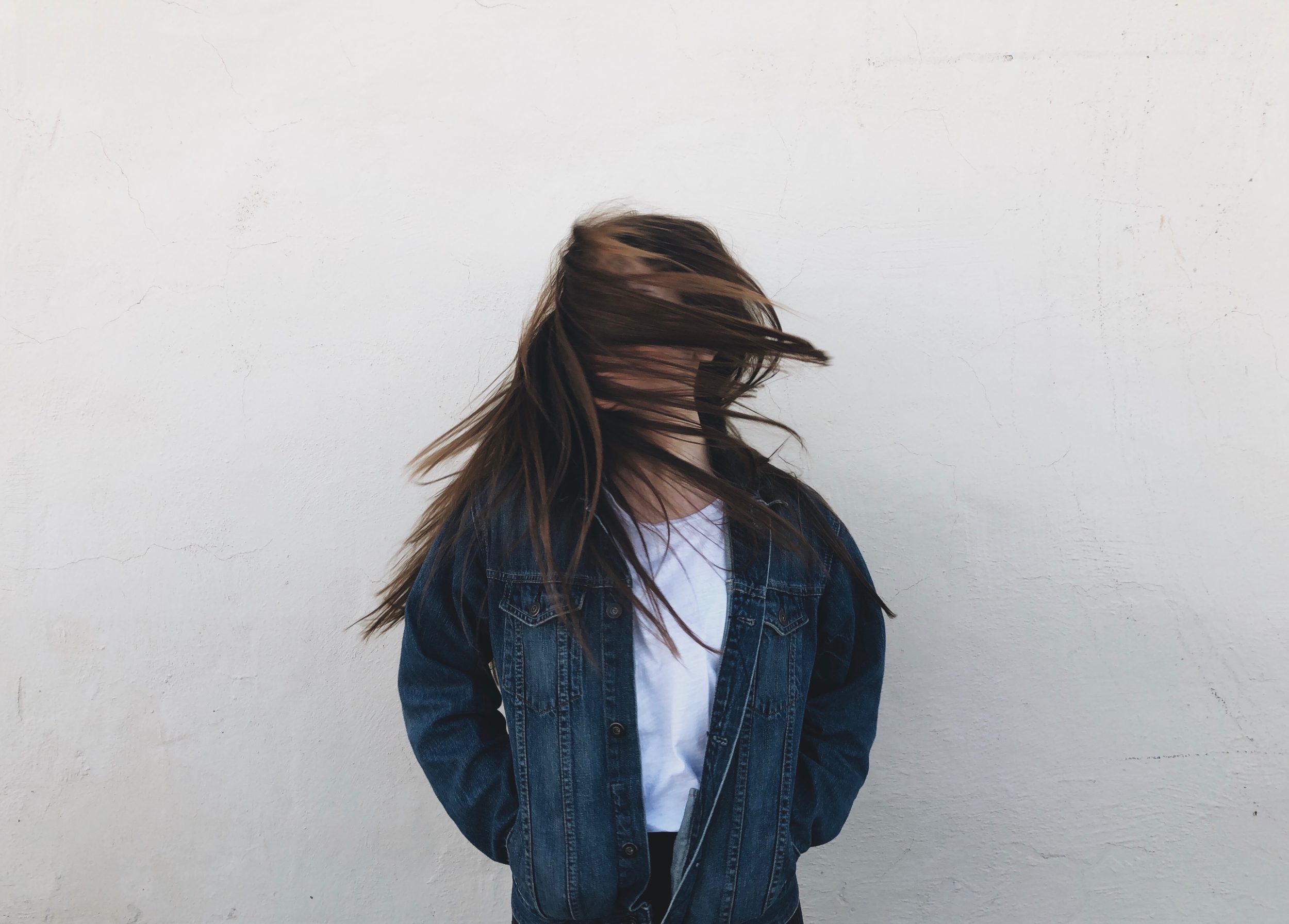Did you know that anxiety disorders are on the rise in the US? It’s true. Larry D. Rosen, Ph.D., highlighted the anxiety epidemic only a few months ago in Psychology Today. His entire perspective was informed by The New York Times exposé written by Alex Williams last year, which focused heavily on prescription drug data linked to mental health diagnoses. Larry, however, chose to emphasize how “anxiety is starting to seem like a sociological condition … a shared cultural experience that feeds on alarmist news and metastasizes through social media.” The language used compels readers to appreciate the sincerity of the trend and reconsider the implications that might unfold.
Experts at the National Institutes of Health (NIH) maintain a public resource devoted to anxiety disorders. According to them, “the wide variety of anxiety disorders differ by the objects or situations that induce them, but share features of excess anxiety and related behavioral disturbances.” Readers are also presented with diagnostic interview data from the National Comorbidity Study Replication (NCS-R), which estimated that almost 20% of Americans had an anxiety disorder in the past year. That same data suggests that 31% of US adults will experience an anxiety disorder at some point during their lives.
There’s little evidence that anxiety disorders are about to decline, which means people should begin considering countermeasures. One of the most commonly diagnosed is referred to as Generalized Anxiety Disorder (GAD). Healthcare professionals at the Mayo Clinic have done everyone the favor of explaining its diagnosis and treatment methods, which often includes psychotherapy in conjunction with supplementary medications. Unfortunately, there are people who are extremely resistant to the former or the latter and sometimes both.
While it’s certainly a sound strategy to have a healthy dose of skepticism, anything in excess is typically vice. Wholesale avoidance of counseling and medication is a recipe for disaster, especially for those who truly need them. Why? Because anxiety disorders can take a real toll on your long-term physiological wellbeing. That was the sentiment shared by writers at Harvard Medical School while discussing the link between anxiety and physical illness. Acknowledging that our mental state can have a direct impact on our bodily functions is a major step.
People who take anxiety seriously still have to consider other possible complications. One understandable concern has to do with how antidepressants work. Dean Burnett at The Guardian elaborated on the controversy surrounding the medications prescribed for anxiety and depression. He spends considerable time explaining the history behind antidepressants and the theoretical underpinnings that motivate mental health practitioners to use them. According to him, one premier problem is that “antidepressants have many potential side effects, which themselves vary from person to person.” That isn’t an easy conversation to have with potential recipients, which is why some people are forced to explore alternatives.
Here in the US, citizens in certain states have medicinal marijuana as one potential option. Zawn Villines at Medical News Today already spent time writing about whether or not CBD oil can alleviate anxiety. While data is somewhat limited, recent clinical trials have yielded some compelling results. One study from 2011, for instance, found that CBD reduced a variety of symptoms in those individuals who suffered from Social Anxiety Disorder (SAD). Another study published in 2015 indicated that CBD oil could be a promising treatment for multiple forms of anxiety.
Readers should know that CBD is a cannabinoid derived from the cannabis plant, but the chemical compound is distinct from THC in that it does not produce a euphoric high after consumption. That means products like CBD oil drops can help reduce social anxiety without generating the side effects typically associated with marijuana. People should also recognize the versatility afforded by CBD oil and other alternative means of administering CBD. No longer are people forced to combust the chemical compound to enjoy its benefits. They can instead dose responsibly and without fear of judgment.
That sounds almost too good to be true for the skeptical sorts. Readers might be pleased to learn that NPR syndicated a Morning Edition episode dedicated to clinical studies on CBD. Allison Aubrey, the host, breaks down some of the research findings and existing limitations in the field. According to her, having cannabis and its extracted chemical compounds (CBD, THC, etc.) categorized as Schedule 1 substances makes it exceedingly difficult to advance medical research. Unfortunately, that designation is unlikely to change in the near future, which means it could be some time before the public receives more compelling data.











